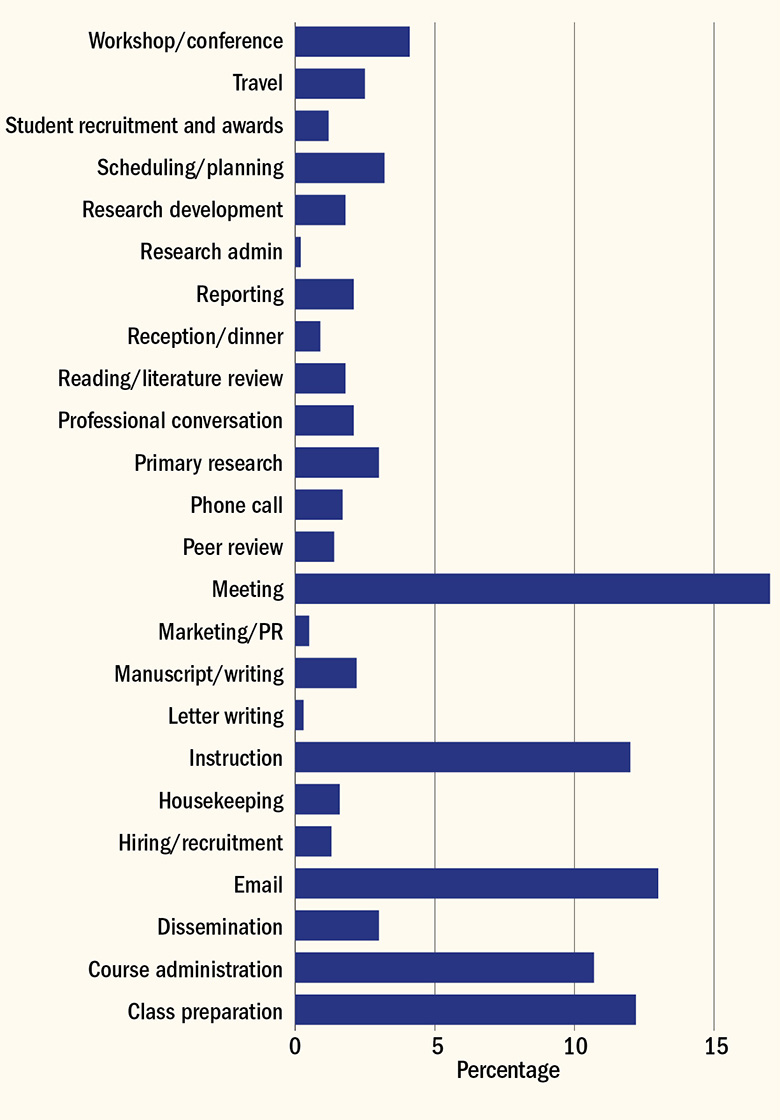At the end of October, the European Commission made an announcement that could strike a significant blow against some of the most hated research bureaucracy in academia.
From next year, Horizon 2020, the European Union’s €80 billion (£70.6 billion) research and investment programme, will pilot simply giving researchers a “lump sum” to carry out their projects, meaning “no actual cost reporting, no time sheets and no financial audits” to complete.
In other words, instead of having to document their every expense, academics will be trusted to get on with their work.
“This is a very good move and long due,” said John Ioannidis, a professor of health research and policy at Stanford University and a prominent critic of flaws in the research system. “To my knowledge, all these bureaucratic requirements have had absolutely no benefit for science.”
Hans Wigzell, former president of Sweden’s Karolinska Institute and another critic of bureaucracy in research, said that the EU’s change of emphasis could even prompt a rethink from other research funders, who he believes have dramatically upped their financial scrutiny over the past couple of decades. “There has been an absolute increase in putting in detailed restrictions over how you can handle a grant,” he said.
Despite previous simplifications to the Horizon 2020 grant process, “any system based on reimbursement of incurred costs remains inherently complex”, said a commission spokeswoman – hence the need to trial doing away with reimbursement entirely.
There has also already been a “positive experience” with lump sum grants given to small- and medium-sized companies as part of Horizon 2020, she added.
The aim is to focus assessment on the actual scientific content of the projects, rather than checking costs, although researchers will not be subjected to any more monitoring of their work than before, the spokeswoman said, an approach welcomed by Professor Wigzell. “The most important thing about any granting agency should be to focus on the evaluation of the results,” he said.
Time sheets, where researchers list when they worked on a grant project, are regarded by critics as a particularly irksome and pointless piece of paperwork.
Time chart: weekday practice at boise state

Source: “Time distribution of faculty workload at Boise State University”, 2014 Undergraduate Research and Scholarship Conference
“I remember filling in time sheets for me and my team when I was working in Europe and it was a surreal experience,” recalled Professor Ioannidis. “When I work on science, I work 24 hours a day, seven days a week, [and] ideas arise even in my sleep; you continue thinking incessantly about scientific problems even when you do other things. What were we recording there? When we entered the building and when we left. It was entirely ridiculous.”
Researchers filling out time sheets would simply “make it up”, said Professor Wigzell, as there was no one who could actually check whether they were accurate. They are “complete nonsense”, he said.
There are scant data on how long researchers actually spend filling out time sheets, complying with financial audits and so on. In a 2014 study of academics at Boise State University, in Idaho, respondents said that they spent 2.1 per cent of their time on “reporting”. This may not sound long, but it is not so much less than the 3 per cent of their time spent doing “primary research”, while 13 per cent of their time was allocated to unspecified email tasks.
Professor Wigzell also complained that it was “very common” for grants to stipulate that researchers use a specified travel agency to book trips, even if it was more expensive than other ways of booking.
Some funders already take a relatively hands-off approach. At the Wellcome Trust, researchers are awarded a sum at the beginning of the project and then “trusted and permitted to use the funds as they see fit” explained Alyson Fox, the trust’s head of grants management, “provided this is not significantly different to the original request”.
“Science changes quickly” and “research needs to be flexible and responsive to succeed”, she said. There are no time sheets or spending reports required, just a quarterly “high-level indication” of spending from institutions.
But there are fears that the EU’s move towards a similar lump sum system could have a series of unintended consequences.
If rival groups of researchers estimate what they expect to spend when bidding for a grant, this could lead to “competition on pricing”, rather than awarding money to the team with the best scientific proposals, and so “distort” the “level playing field” of competition for grants, the European Association of Research and Technology Organisations (EARTO) has warned in an assessment of the lump sum idea.
Researchers have very different hourly rates depending on where they are based in the EU, it points out, while richer countries could even cross-subsidise Horizon 2020 projects to give their researchers an advantage in the bidding process. Estimating costs in advance could also make the grant application process even more onerous than it already is, it adds.
Concern over potential price competition may be behind the decision to run two types of lump sum pilot: in one type, academics themselves will estimate how much money they need; but in the other, the commission will set the budget in advance.
EARTO is also worried that without any auditing from the commission, the task of scrutinising spending will simply be passed downwards on to project coordinators. “The shift to a lump sum approach would transfer part of the responsibility from the EC to the consortium and particularly towards the coordinator,” it warns. “We point out the specific negative effect on the willingness of taking up the coordinator’s role.”
Application evaluators will now need to be able to estimate costs, as well as being experts in their field, it points out.
And don’t expect the pilot to do away with Horizon 2020 time sheets just yet. Even if it is successful, the results of the pilot are unlikely to be ready in time to make lump sum grants a standard feature of the successor to Horizon 2020, due to start in 2021, it adds.
Still, the EU’s intention to move from a “control-based to a trust-based system” when administering grants – particularly from a funder perceived as keen to attach a thick tangle of strings to research grants – is likely to be welcomed by researchers anywhere who feel distrusted by those who hold the purse strings.
Register to continue
Why register?
- Registration is free and only takes a moment
- Once registered, you can read 3 articles a month
- Sign up for our newsletter
Subscribe
Or subscribe for unlimited access to:
- Unlimited access to news, views, insights & reviews
- Digital editions
- Digital access to THE’s university and college rankings analysis
Already registered or a current subscriber?





